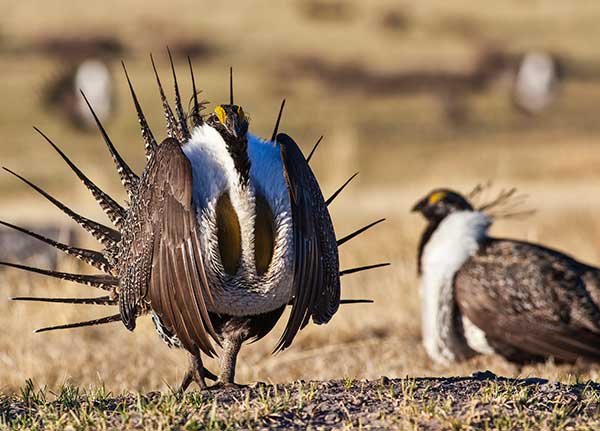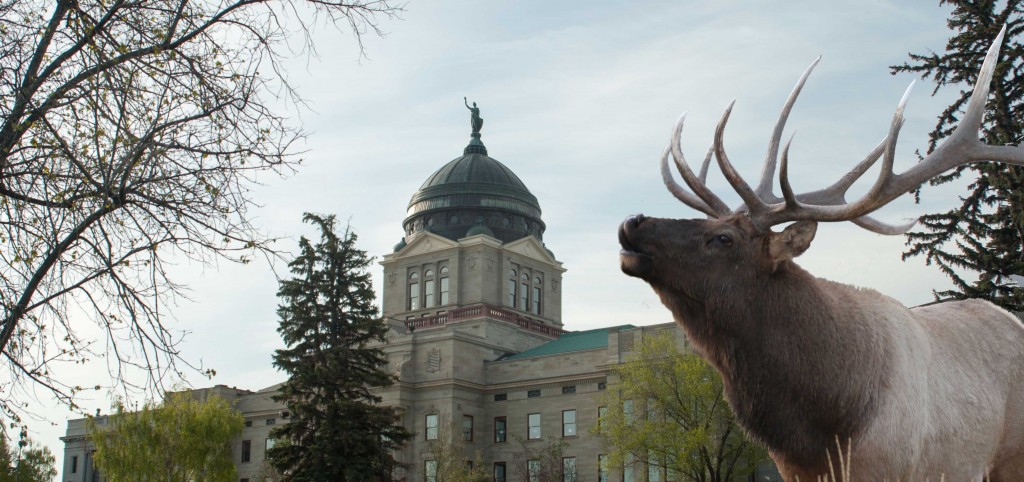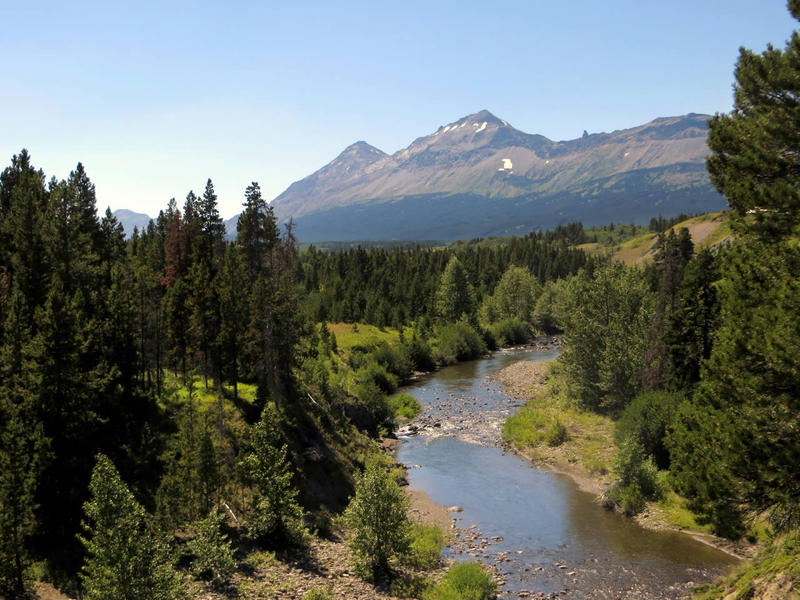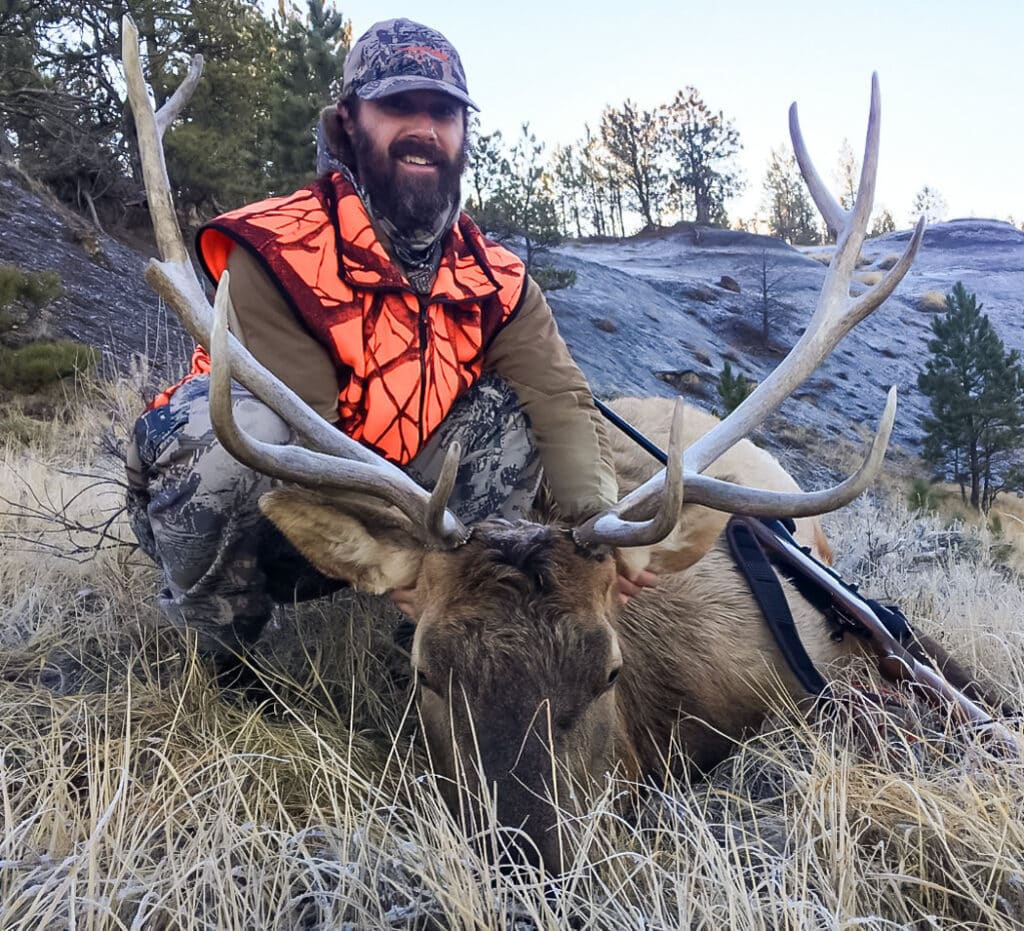
The idea that public lands ought to be transferred to state management continues to be soundly defeated by public opinion and the legislative process. The American people and sensible lawmakers know that public land transfer is just a poorly veiled attempt to rob the public of access to our land so that it can closed off, developed, and sold off.
Knowing they can’t win in a fair fight, the anti-public land crowd has adopted a “death by a thousand cuts” approach. They are chipping away at our public lands bit by bit, attacking the multiple-use mandate that has been a core principle of land management for the last 40 years.
Utah Congressman Rob Bishop has been caught holding the knife in the latest attempt to give federal public land to state control. Bishop recently introduced a bill (HR 527) that would allow states to block federal land management actions to protect the greater sage-grouse. This bill appears to be a reintroduction of a measure he hastily wrote last year that would give state governors the unilateral power to invalidate the authority of the Interior Department “to make, modify, or extend any withdrawal, nor amend or otherwise modify any Federal resource management plan applicable to Federal land in the State.” All governors need to do to exercise this land grab is send a “notification” to the Interior Department, with no check and balances and zero input from the public.
Bishop’s bill purports to be about sage-grouse, but it has nothing to do with conserving the bird, its habitat, or multiple-use land management. It is premised on a false choice and a flawed understanding of how the state and federal sage-grouse plans work.
Sage-grouse conservation is not an either-or choice between federal plans or the state plans. It takes both efforts, working together, to succeed. The ten states in sage-grouse country adopted plans at the state-level to govern activities on private and state land. At the same time, the federal sage-grouse plan was created to establish protections for the species on Bureau of Land Management and Forest Service lands. This coordinated effort was key to the Department of Interior’s determination that the sage-grouse did not need to be listed under the Endangered Species Act in 2015.
The federal and state sage-grouse plans were developed with a diverse group of stakeholders including farmers, ranchers, hunters and conservationists, and local government officials. This coordinated efforts is one of the greatest collaborative conservation successes in our nation’s history. In addition to protecting the sage-grouse, the plan protects numerous other species that depend on sagebrush habitat. And the plans help keep working farms and ranches in business, while also supporting oil and gas development on public land.
Unfortunately, Bishop and other politicians want to throw out the sage-grouse plans so they can push forward their agenda of state takeover of public lands. If passed, this bill would be another deep slice in the “death by a thousand cuts” of multiple-use public land management.
Now is the time for hunters and hikers, backpackers and mountain bikers, ranchers and farmers, and all who value the our public lands to draw a hard line and let those who we have elected to represent us know that the sage grouse shouldn’t be used to score politics points. Montanans will not tolerate another attack on our public lands.
John Bradley is Montana Wildlife Federations Eastern Field Rep. You can contact him at jbradley@mtwf.org





